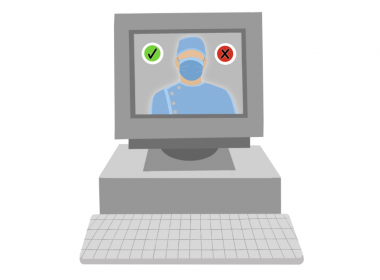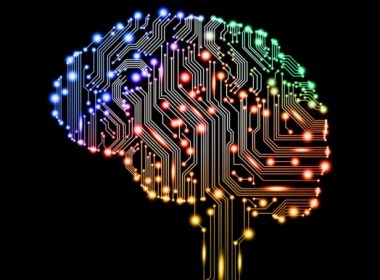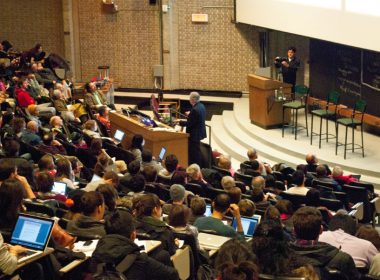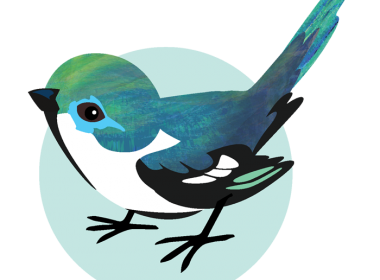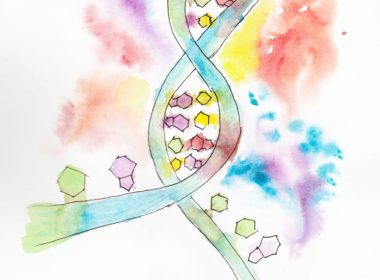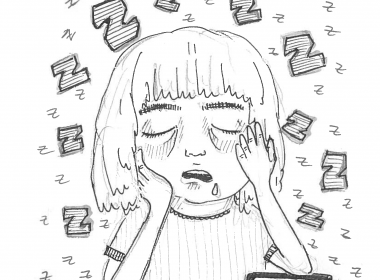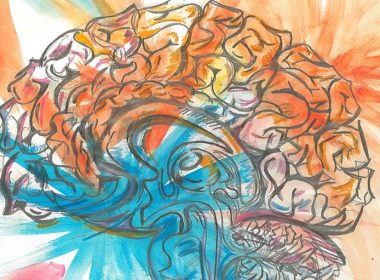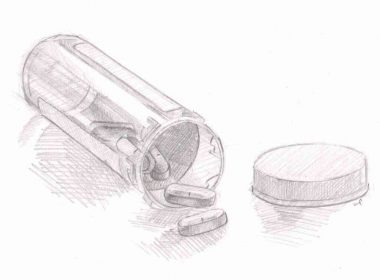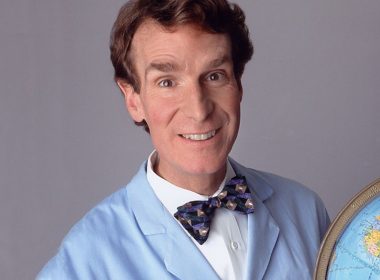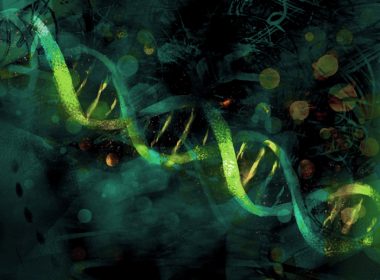Repeated practice is necessary to achieve mastery, which is no exception for surgical residents who often train directly on patients for four to six years. However, in this hands-on learning environment, even a minor mistake can be serious. To protect against such fatalities, a McGill research team constructed a solution.[Read More…]
Search Results for author "Sam Min"
AI company is developing technologies to improve healthcare
On Feb. 8, Anthony Phalen, a strategic partner development manager at the company DeepMind came to McGill to present a talk on Deep Learning (DL), as part of SUS Academia Week 2018. DeepMind is a London-based artificial intelligence (AI) company with a research centre located in Montreal. The company was[Read More…]
Five fun science electives that will satisfy your curiosity
Each semester, McGill students spend hours searching for courses that are both interesting and manageable. For those who are not enrolled in a Science major and are feeling particularly adventurous this semester, The McGill Tribune has compiled a list of five fascinating electives that are sure to pique your interest. CHEM[Read More…]
Studying bird speech patterns can explain universal grammar rules
In the 1960s, Noam Chomsky, a linguist at the Massachusetts Institute of Technology, observed that different languages across the world have common patterns. Chomsky postulated the Theory of Universal Grammar (UG), which suggests that humans have created languages and grammar rules that conveniently fit with how our brain is organized.[Read More…]
mRNA acts as marker in Alzheimer’s patients
Through mathematical modeling and collaboration with scientists at the University of California San Francisco (UCSF), McGill researchers, including Rached Alkallas, graduate student in the Department of Human Genetics and the primary author of the seminal study published in Nature Communications, have identified a protein that sharply decreases in patients with[Read More…]
Daylight savings affects industry and human health
On Nov. 5, Daylight Saving Time (DST) ended, and we were gifted with an extra hour of sleep. 2 a.m. reverted back to 1 a.m., and clocks were changed. Benjamin Franklin first suggested the idea of implementing DST in 1784, joking that extended daylight would save candles. He also found[Read More…]
Predicting Alzheimer’s with artificial intelligence
Researchers in the Douglas Mental Health University Institute’s Translational Neuroimaging Laboratory at McGill have created an artificial intelligence-based algorithm to recognize dementia before its onset—an elusive task, even for neurologists. The algorithm uses statistics to learn what the determining markers of the disease are—a process called machine learning, a branch[Read More…]
McGill researchers identify possible treatment for autism-like disorder
Autism Spectrum Disorder (ASD), commonly known simply as Autism, comprises a range of neurodevelopmental disorders, with varying degrees of symptoms such as repetitive behaviors, impaired communications, and poor social engagement. According to the Centers for Disease Control and Prevention, one in every 68 children across the globe, or 70 million people,[Read More…]
Can Bill Nye really save the world? A review of the Netflix original series
Bill Nye returns to pop culture through his new show, Bill Nye Saves the World— a Netflix original series released on April 21. The show aims to introduce current scientific issues to the public in an accessible way. Although he studied mechanical engineering, Nye is known for his appearances as[Read More…]
What’s the deal with CRISPR?
CRISPR offers the potential to cure presently untreatable cancers and diseases. Moreover, it could revive an extinct organism, such as the mammoth, using tiny bits of genomic information that scientists have collected through their serendipitous discoveries. “CRISPR is a gene editing technique that allows investigators to alter the gene sequence[Read More…]
